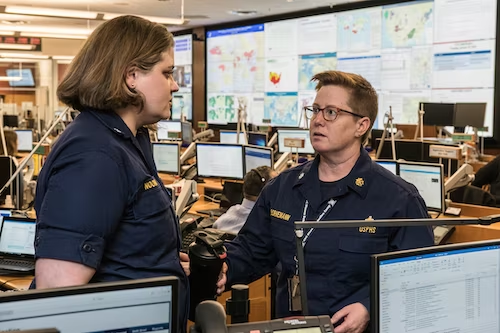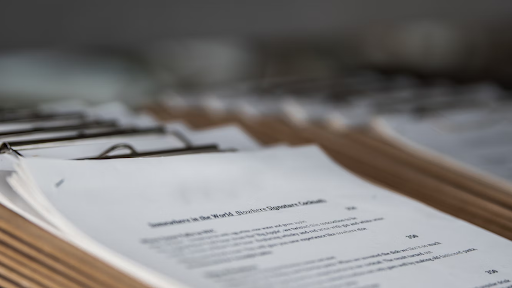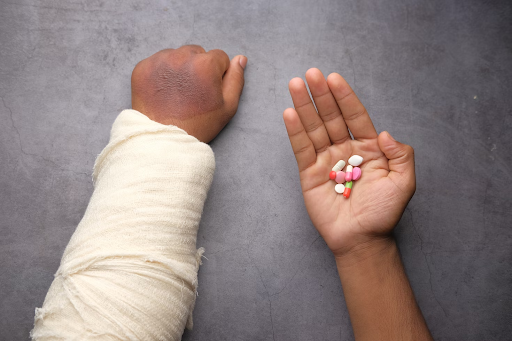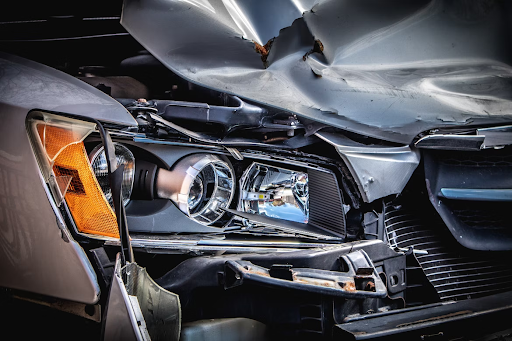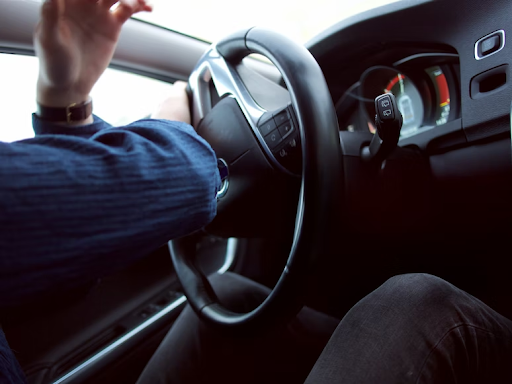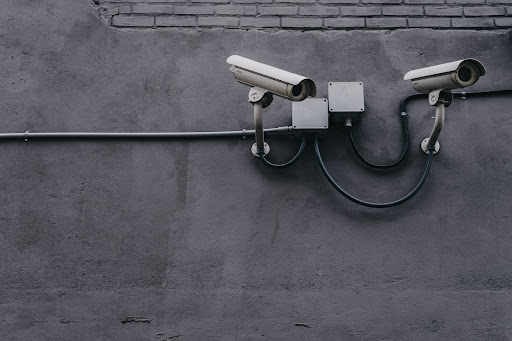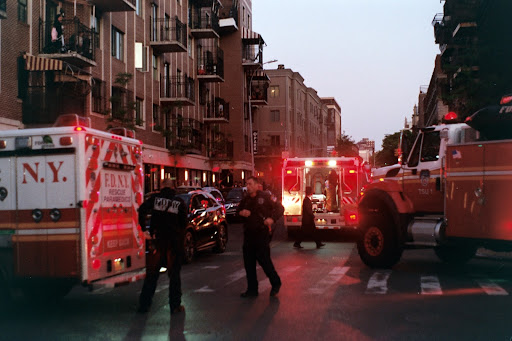3 Things to Do After Winning a Workers’ Compensation Case
So you got a workers’ compensation settlement. That’s good news! It means you’re (hopefully) on the mend after a rough patch, with some breathing room while you heal. Understandably, knowing what next to do with the money can be tricky. Basically, you want to make sure this windfall becomes a springboard for your future, not just a temporary fix. So, here are 3 helpful tips.
Tackle Today’s Troubles
First things first. This settlement might be a windfall, but it’s also replacing income you might have lost due to your injury. So, assess your current situation. Are there any outstanding medical bills lingering? Do you have any high-interest debt like credit cards that are draining your wallet? Clearing these up should be top priority. Debt is often a black hole for your money. Pay them off first. This frees up your future income for essentials or further investing.
Your Goals
Alright, now that you’ve dealt with the present, let’s talk about the future! What are your dreams? Do you want to buy a house someday? Maybe finally travel the world? Figuring out your long-term goals will guide your investment strategy. If retirement is way down the road, you might consider investments with a little more risk that have the potential for higher returns. But if that dream house is just a few years away, you’ll probably want something more stable.
For example:
- Short-term goals (1-5 years): Think high-yield savings accounts or certificates of deposit (CDs). These won’t make you rich, but they’ll keep your money safe and accessible when you need it.
- Mid-term goals (5-10 years): A mix of stocks and bonds might be a good option. Stocks can grow your money faster, but they also come with more risk. Bonds are generally safer but offer lower returns.
Get Some Help
Really, investing can be tricky, and there’s a lot of information out there, some of it conflicting. Don’t be afraid to seek help from a financial advisor. A good advisor will consider your specific situation, risk tolerance, and goals and create a personalized investment plan. Think of them as your investment coach, there to guide you and make sure you’re on the right track. Interview a few advisors to find the perfect fit for you.You want someone who motivates you but respects your limits. Look for one with relevant certifications and experience who prioritizes your interests and. And of course, choose someone you feel comfortable talking to and who explains things clearly.
Remember, your workers’ compensation settlement is a chance to build a secure future. By following these tips and doing your research, you can turn this setback into a springboard towards your financial goals. And hey, maybe that fancy vacation can be part of the plan down the line!

